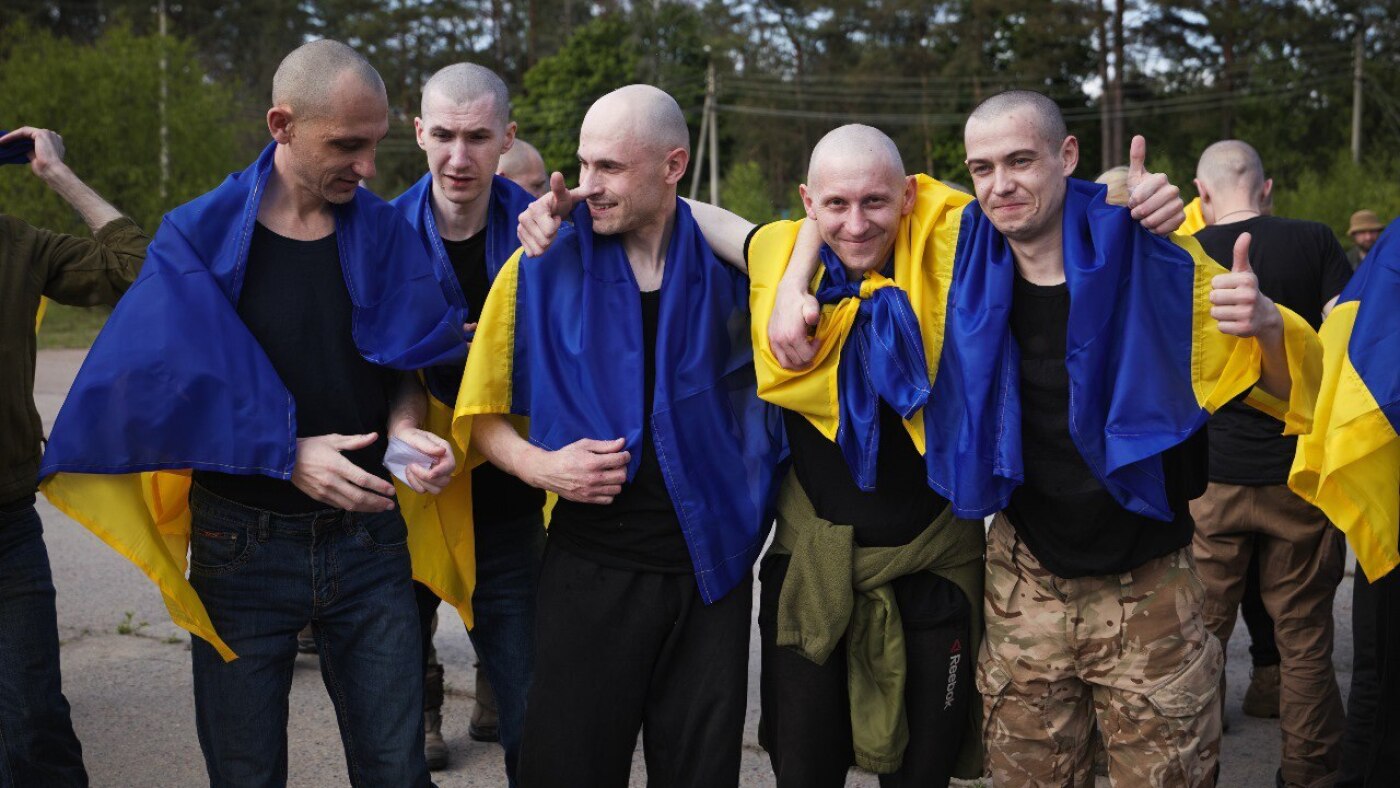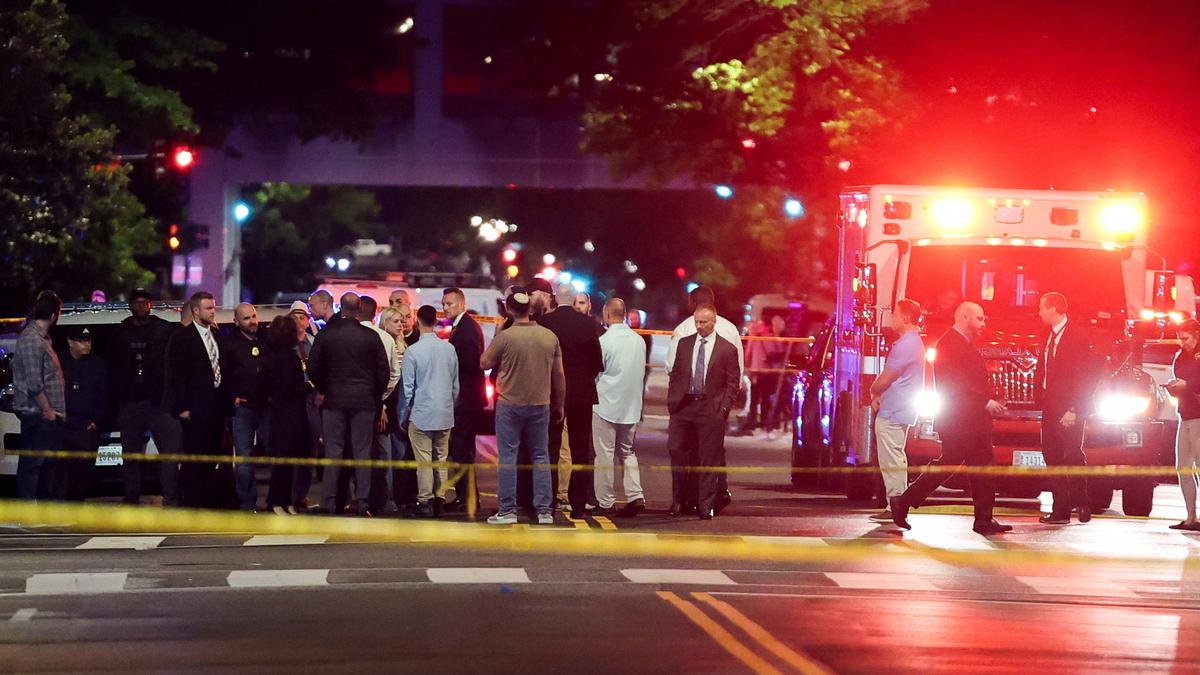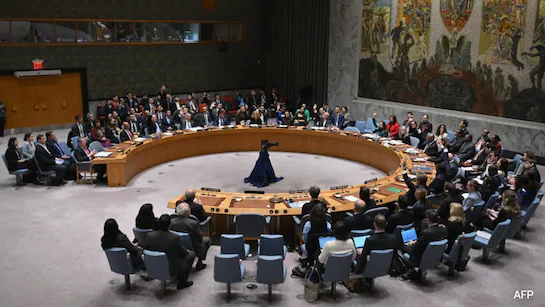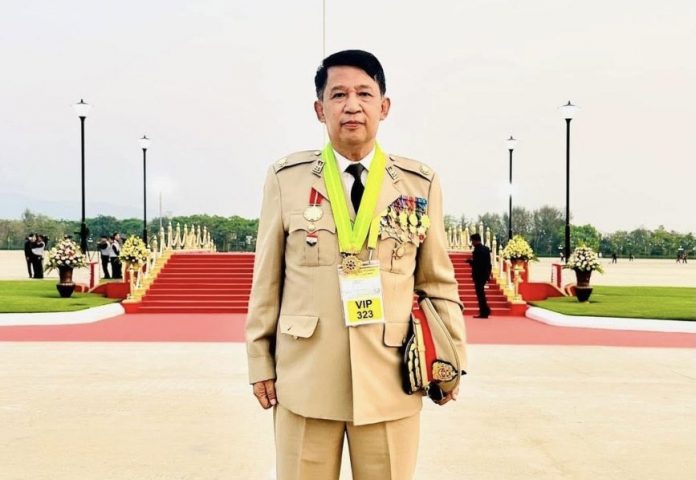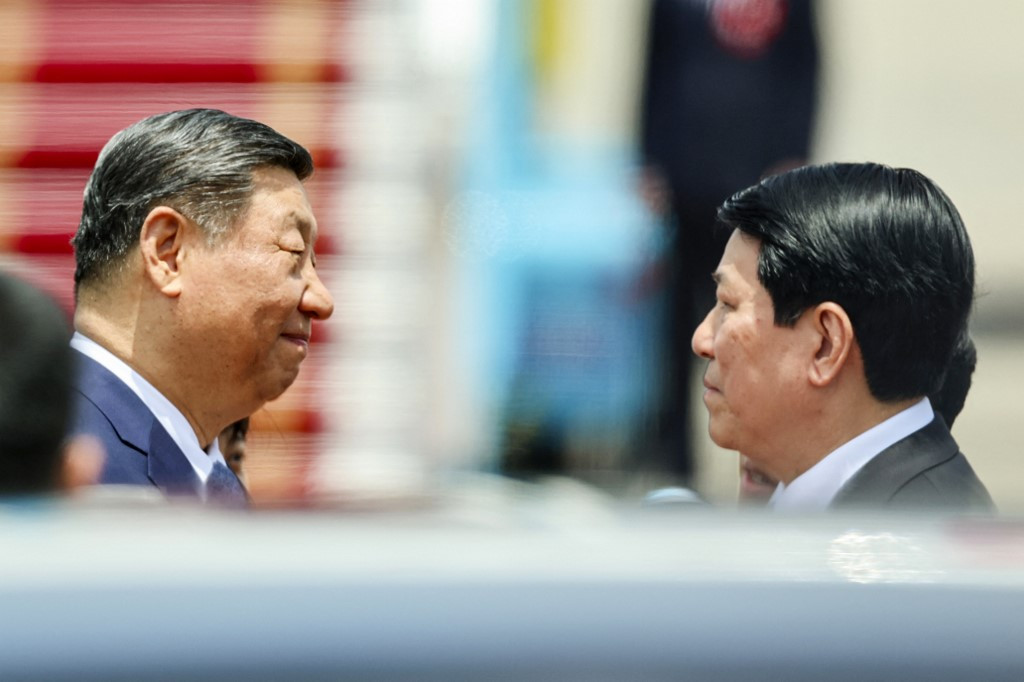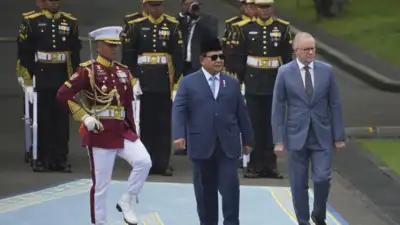Chinese Virologist claims coronavirus was created in a Wuhan Lab
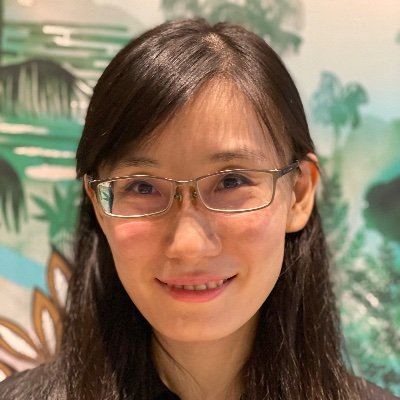
NEW DELHI: In a stunning revelation, a Chinese Virologist, Dr Li-Meng Yan has claimed that the coronavirus was made in a government controlled laboratory in Wuhan and asserted that she has scientific proof to back the claim.
Wuhan, the original epicentre of the outbreak, soon became the hotspot of the novel virus, where a virus jumped from a bat or a pangolin onto humans.
Various theorists have mentioned multiple times that the virus is "man-made" in a Wuhan lab, located dangerously close to the wet sea-food market.
A French Nobel Prize winning scientist Luc Montagnier had also claimed in April this year that the virus is man-made.
Now, a Chinese virologist who had allegedly fled China, claims that she has proof that the SARS-Covid-2 virus is in fact man-made in a Wuhan lab.
Yan, in an exclusive interview in ‘Loose Women’, revealed that she was assigned to cover up the ‘new pneumonia’ and there she came to know that there is a cover-up operation in Wuhan regarding the Covid-19. She asserted that she has scientific evidence as well.
The top scientist working in Hong Kong said the Chinese government was aware of the virus' spread before it was officially recognised.
Dr Yan was allegedly forced to flee to the United States over safety concerns. Yan asserts that while working at Hong Kong's School of Public Health, she was first asked her to investigate a new "SARS-like" virus in Wuhan on December 31 - but that her efforts were later stifled.
She further said the Chinese authorities began to discredit her even before she fled the country. "They deleted all my information and also they told people to spread rumours about me," she said.
In July, Hong Kong University in fact released a statement which states that "Dr Yan Limeng was a post-doctoral fellow at HKU. She has left the University. HKU notes that the content of the said news report does not accord with the key facts as we understand them.”
The statement further said Dr Yan never conducted any research on human-to-human transmission of the novel coronavirus at HKU during December 2019 and January 2020.



